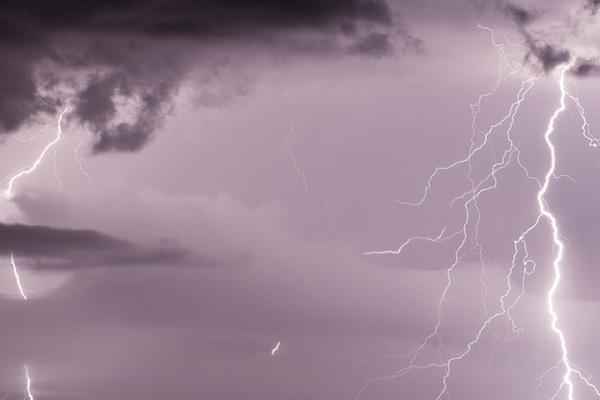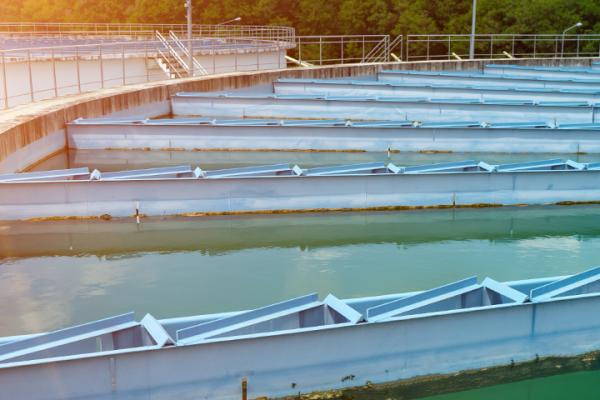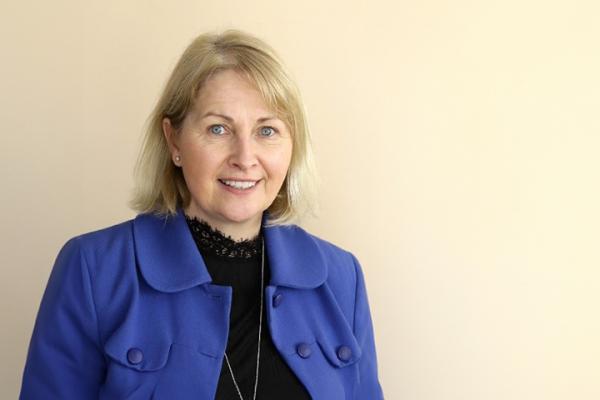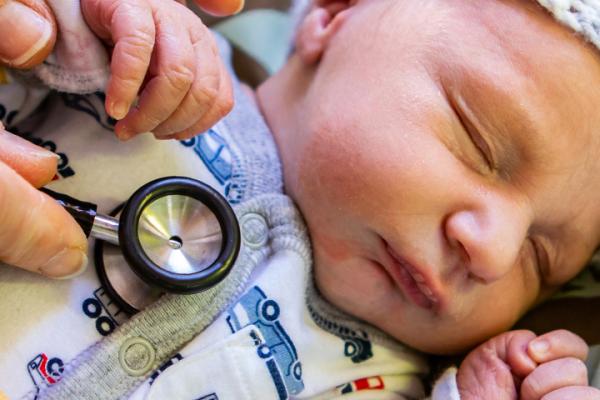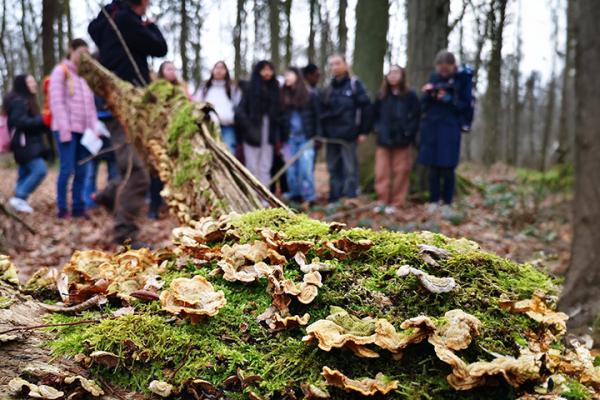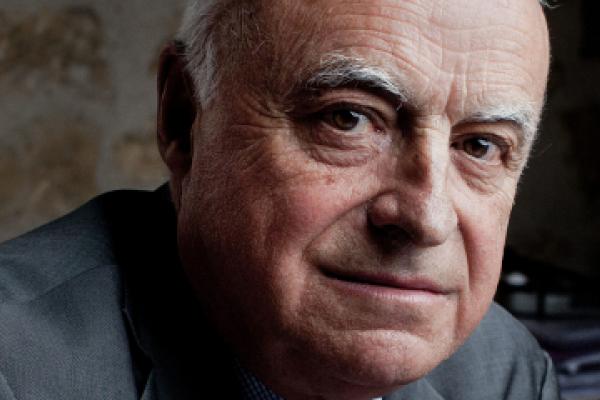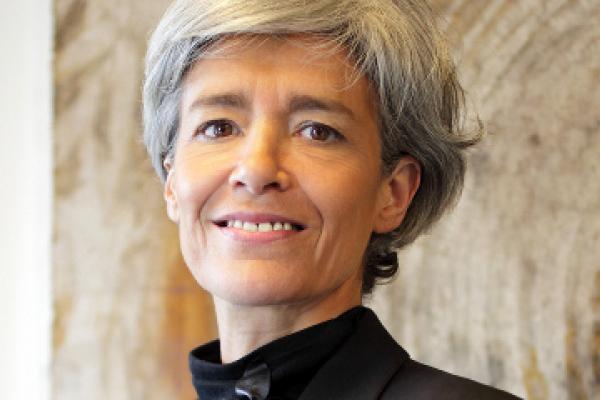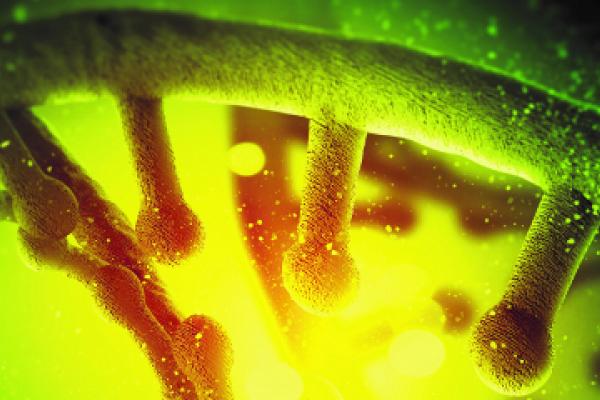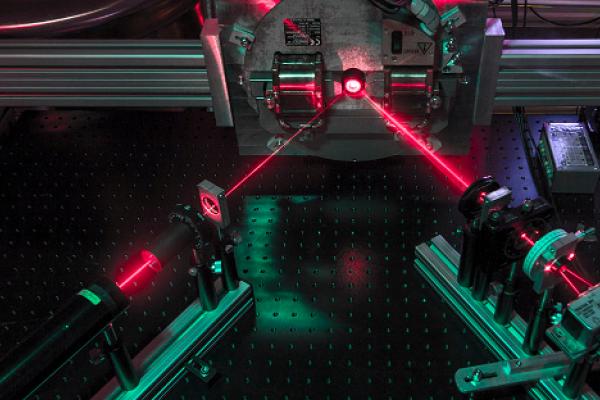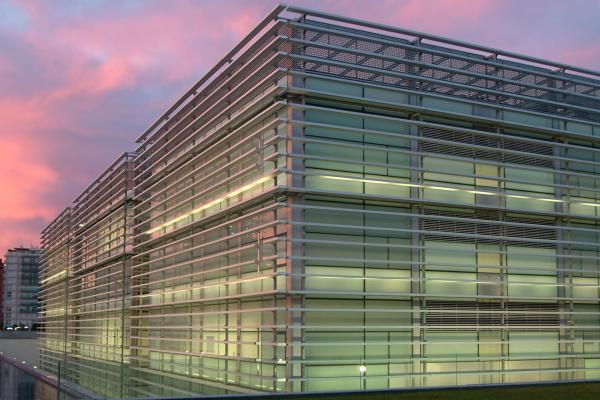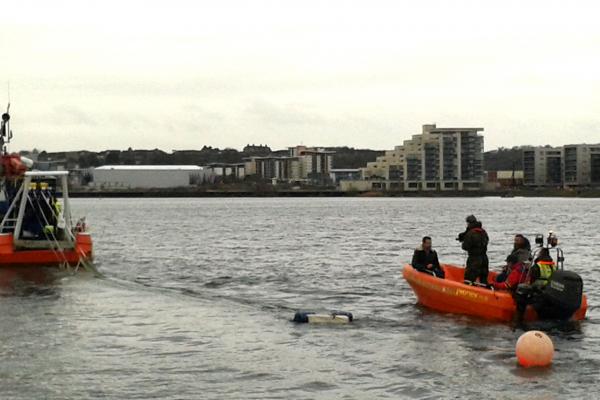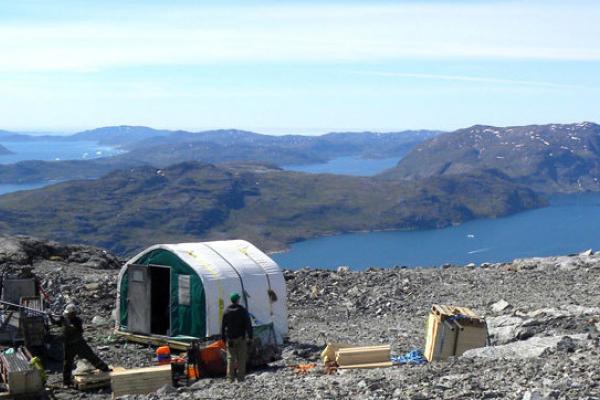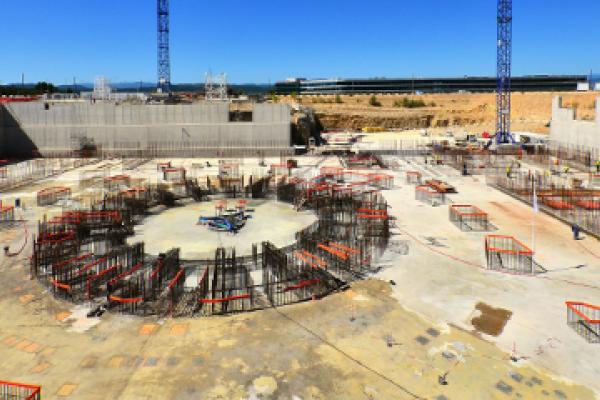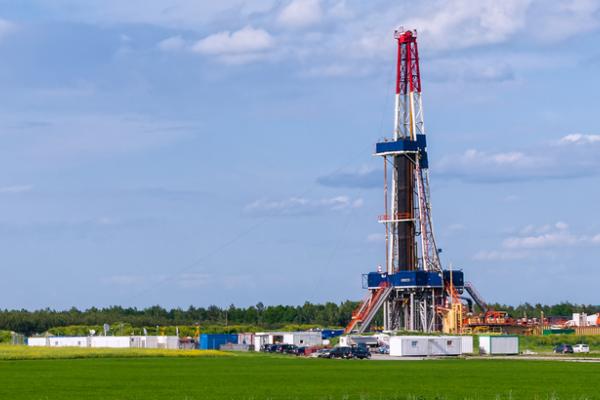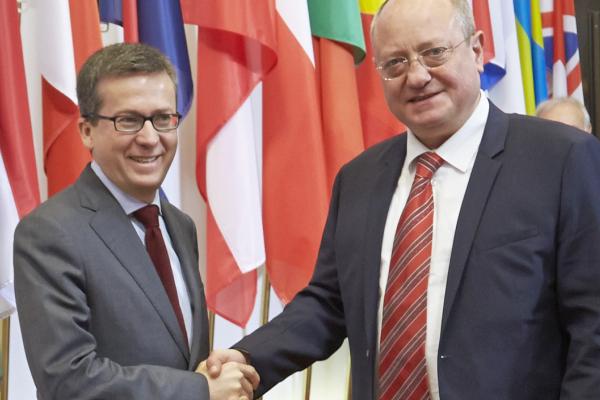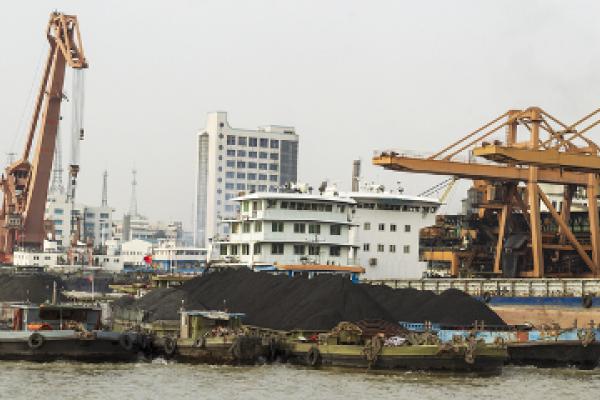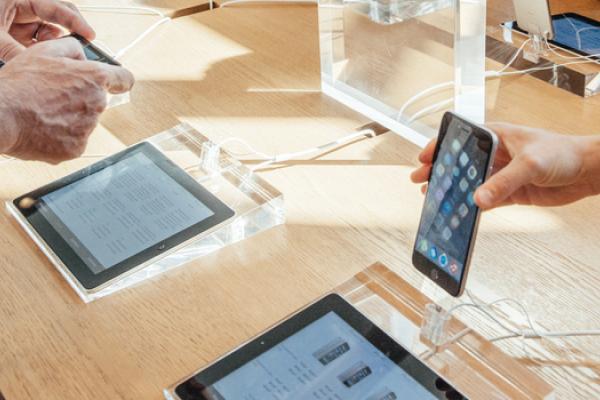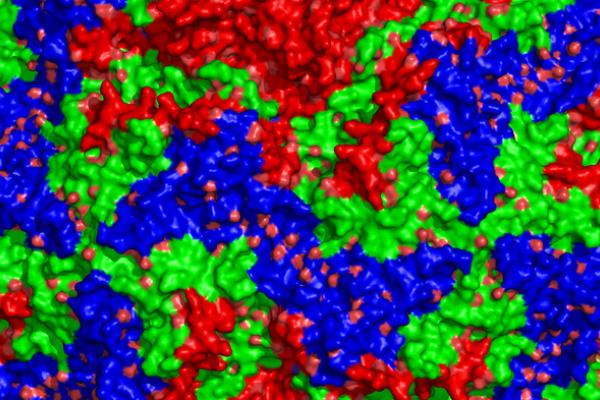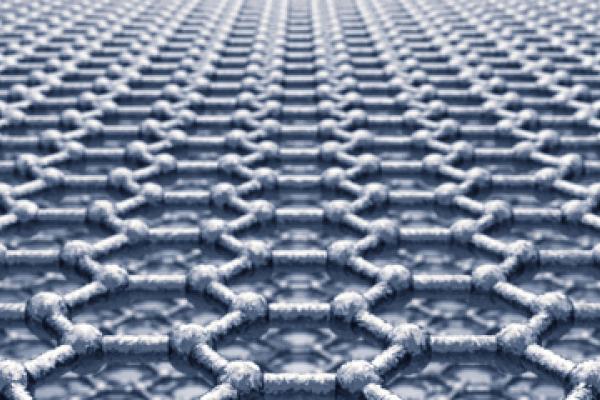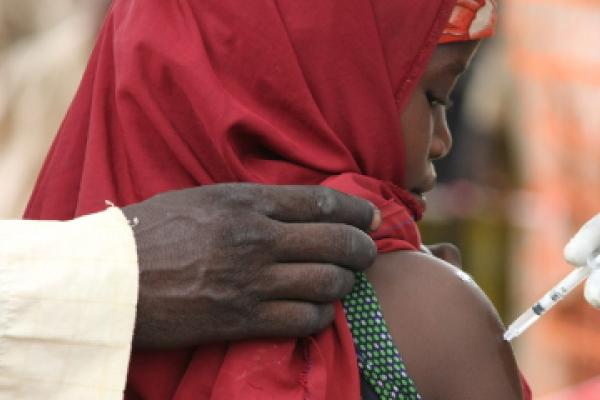EU-funded researchers are exploring new ways to learn that make science more relevant to everyday life – and more fun.
Special series

Researchers on a mission
The EU is on a mission with researchers to protect our planet and society.
By helping researchers discover new ways to improve people’s lives, and to protect us from climate change and global health shocks, the EU is building a better future for all of us.
Most popular
-
1
-
2By Andrew Dunne
-
3By Horizon Staff
-
4By Helen Massy-Beresford
-
5
Top videos
Miracle material enters the limelight with European help
14 July 2024
Pioneering care for preemies – from artificial placentas to brain-healing stem cells
12 July 2024
Past articles
With the formation of the European Research Council (ERC) in 2007, the EU has given a substantial boost to frontier research. Now we just need to allow it time to produce results, says Professor Pierre Papon, a former director-general of the French National Center for Scientific Research (CNRS).
Even though women have been well represented in Europe’s laboratories since the start of the Framework Programmes, the number of female professors remains stubbornly low, therefore we need to promote stories of successful women, says Dr Claudie Haignere, a former astronaut and the president of Universcience, a French centre that teaches young people the value of scientific and technological discoveries.
The project began with a straightforward goal: to understand the chemical basis of lifestyle-related diabetes. But the results raised the possibility of a solution to a very different medical problem: helping physically disabled people get the benefits of exercise.
Academics and companies have learnt to cooperate across the EU, making Europe more innovative and more efficient, according to Dr Walter Mönig, Chairman of the Board of Governors, the EU’s Joint Research Centre.
Orbiting observatories and advances in solar physics are producing the first forecasts of weather in space, and better predictions could help protect frequent flyers, electricity grids and an expanding fleet of satellites.
Magnets are at the heart of our love affair with tech, but they are currently made from hard-to-get components whose supply is under threat. Now, European scientists are developing replacements based on cutting-edge manufacturing processes and common elements.
Since it joined the EU, Spain’s research has expanded sharply in capacity and in outlook, according to Professor Enric Banda, former Spanish Secretary of State for Universities and Research.
Changes in the migratory patterns of birds are providing insights into how the natural world is responding to climate change, and the potential consequences for those species that are able to adapt and those that aren’t.
Engineers have successfully demonstrated a new technology to clean up oil spills, which could reduce the environmental danger of drilling for oil in cold, rough seas, such as those in the Arctic.
Rare earth deposits found in Sweden, Finland, Greece and Spain suggest that Europe could reduce its reliance on imports of these critical raw materials, but the biggest challenge facing scientists is how best to extract and process them.
In the 1950s, energy research was a force for peace in Europe, but climate change and the need for energy security mean it is at least as important now as it was then.
Researchers are developing techniques to study shale rocks under the pressure of two oceans using particle accelerators as Europe steps up research into shale gas.
How national research funding is allocated, who is appointed to key posts, and the link between business and academia are just some of the areas due to come under scrutiny in Bulgaria, thanks to a commitment to undergo an independent peer review of their country’s research and innovation policies.
Recycling could help secure the hard-to-get metals that are needed to give smartphones, wind turbines and computer hard disks their special properties, if only engineers can find a way to do it cost-effectively.
You may not have heard of scandium and yttrium, but rare earth elements like these are all around us – in our homes, at work and even in our pockets.
Research collaboration spanning Europe and the Mediterranean region has generated crucial understanding of the changing Mediterranean ecosystem, helping to protect communities which rely on fishing and tourism.
If you have a cough and a runny nose, it’s hard to know whether you’re suffering from a viral or bacterial infection – and that’s important because it determines whether you need to take antibiotics or not.
Social media is increasingly being used as a source of news, but the problem is that you can’t always trust what you read online. Now, EU researchers are tackling this issue head-on by creating software to help people decide whether they can rely on information found on Facebook or Twitter.
Researchers have developed a transparent light sensor that could be integrated into windows or mobile phones, in a demonstration of how two-dimensional materials can be sandwiched together to generate on-demand properties.
The combined effort of the European Commission, EU Member States, developing countries, donors and industry has resulted in a programme of clinical trials against HIV/AIDS, tuberculosis and malaria in Africa which has funded hundreds of research projects in the last 10 years.
Weekly news alert




